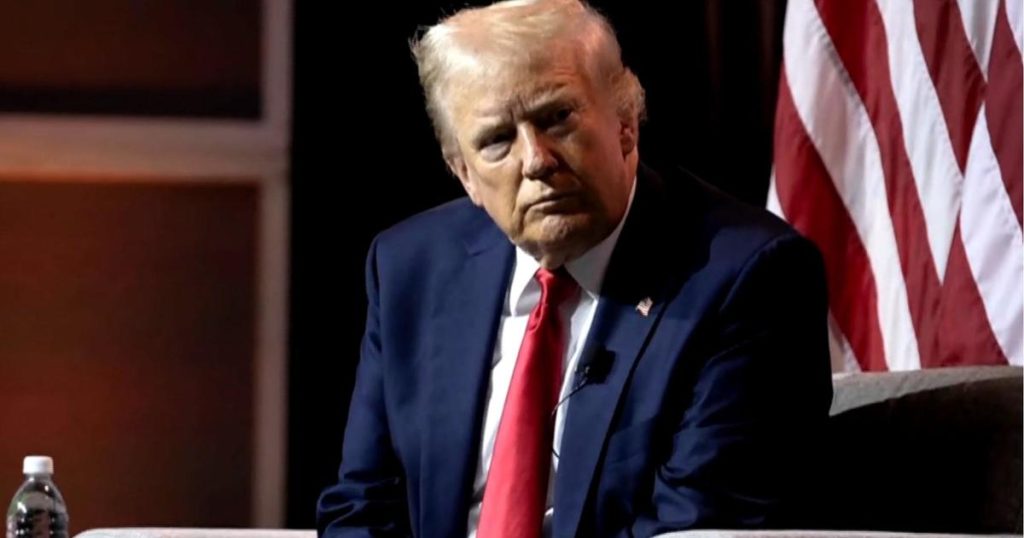In a contentious interview at an event hosted by the National Association of Black Journalists in Chicago, former President Donald Trump made false claims about Vice President Kamala Harris’s racial identity. Trump falsely stated that Harris had only recently “become a Black person,” questioning her authenticity as a Black woman. This statement by Trump sparked backlash and criticism from many who viewed it as a racist and divisive attack.
During the interview, Trump also made other controversial statements about Harris, including claiming that she was unqualified for the vice presidency and questioning her ability to effectively carry out the duties of the office. Trump’s remarks about Harris were widely condemned by politicians, journalists, and members of the public, who accused him of engaging in racially charged and sexist attacks on the vice president.
The National Association of Black Journalists event where Trump made these comments was intended to provide a platform for dialogue and discussion on important issues facing the Black community. However, Trump’s presence and contentious remarks overshadowed the event, leading to a heated exchange between the former president and the moderators. Many attendees at the event expressed their disappointment and frustration with Trump’s behavior and rhetoric.
The false claims made by Trump about Harris’s racial identity are part of a larger pattern of racist and xenophobic rhetoric that he has engaged in throughout his political career. Trump has a history of making inflammatory and divisive statements about people of color, immigrants, and other marginalized groups, fueling tensions and deepening divisions within American society.
Critics of Trump have called out his racist comments and discriminatory policies, arguing that they have contributed to the rise of hate crimes, the erosion of civil rights, and the normalization of racist attitudes in the United States. Many people have expressed concern about the impact of Trump’s rhetoric on the country’s social fabric and have called for greater accountability and condemnation of such behavior.
In conclusion, Trump’s false claims about Harris’s racial identity in the contentious NABJ interview have sparked outrage and condemnation from many quarters. His divisive and inflammatory rhetoric has raised concerns about the impact of his words and actions on the country’s social and political climate. As the nation continues to grapple with issues of racial inequality and injustice, it is essential for leaders to promote unity, understanding, and tolerance, rather than engaging in harmful and discriminatory attacks on marginalized communities.


